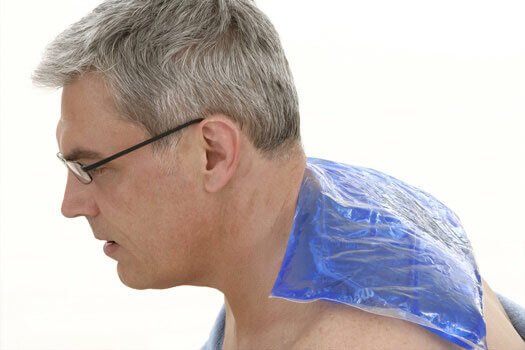There’s no doubt that a herniated disc should be taken seriously, especially if it’s causing considerable pain. For patients looking to avoid surgical remedies for a disc herniation – occurring when the inner core of the disc leaks to the […]
Paracetamol (acetaminophen) is a common medication recommended by doctors for back pain. However, recent research suggests that, while the drug can help with headaches and aches and pains associated with colds, it may not be all that effective for backaches. […]
With mild cervical arthritis (cervical spondylosis), you’re likely to respond well to over-the-counter or prescription medications. If the pain due to wear and tear of the joints, bones and discs in the cervical spine is more severe than occasional neck […]
Living with back discomfort is an unfortunate reality that many people struggle with every day. Many times, the problem resolves on its own within a few weeks, but sometimes, back pain can become a chronic condition. Effective pain management can […]
Patients with mild forms of scoliosis (an abnormal bending of the spine to one side or the other) tend to respond well to certain exercises that can be either performed as part of a physical therapy plan or at home. […]
When the sciatic nerve becomes occluded, it often becomes irritated and causes symptoms such as pain, numbness and tingling. The discomfort is most often felt in the lower back and down into the buttocks, legs and feet. While nerve compression […]
While the phrase “pain in the neck” originated as a euphemism for another part of the anatomy, anyone experiencing an actual pain in the neck is likely to be open to any viable remedy that could provide relief. One such […]
While over-the-counter pain (OTC) medications can help with minor aches and pains related to muscle strain around the back area, painkillers are just what the name implies – medications meant to temporarily kill the pain. For this reason, it’s important […]
At The Spine Institute Center for Spinal Restoration, we know that neck and back pain can sometimes occur after sleeping on a lumpy, poorly shaped pillow.








